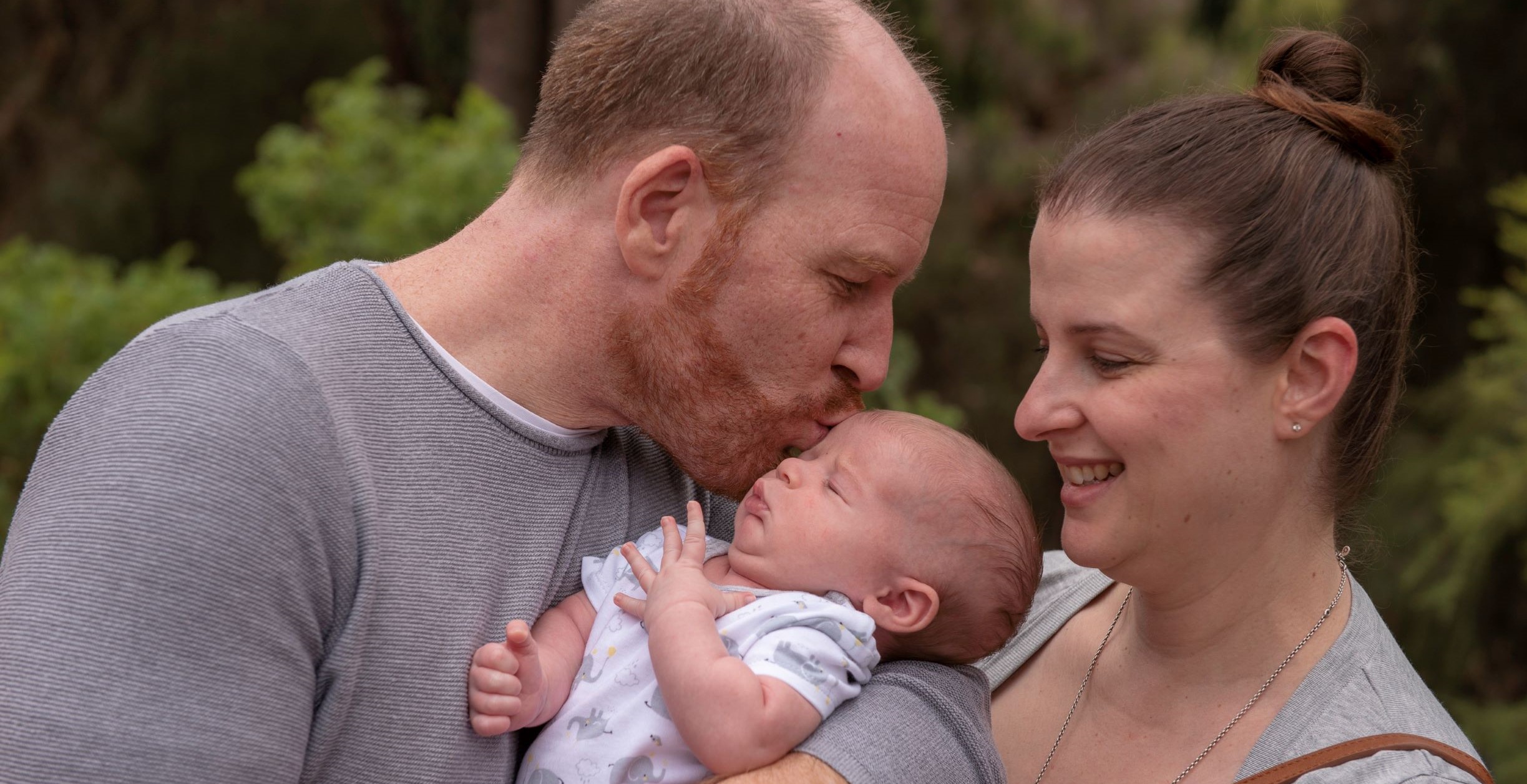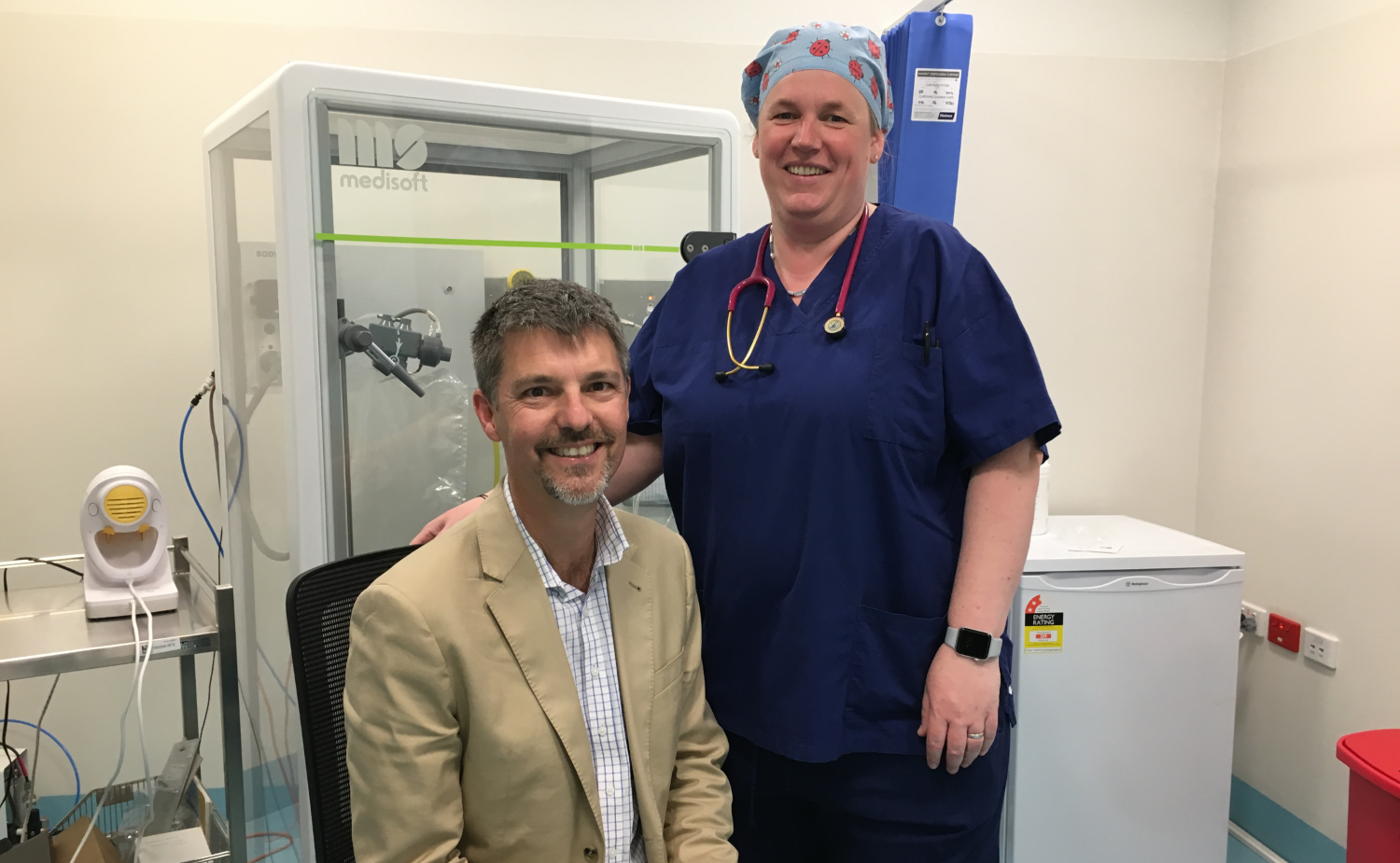Search
Research
Assisted Reproductive TechnologiesAssisted reproductive technologies (ART) cover a range of methods used to help couples with fertility problems achieve pregnancy, including in-vitro fertilisation (IVF).

Despite major advances in science in recent years, many Australians still don't understand the magnitude and importance of early years development to a child's life journey.

World-first findings from the collaborative REACT study – a joint project between The Kids, PCH, UWA and Curtin University – have led to the asthma medication Ventolin being routinely given to paediatric patients before tonsillectomy surgery to prevent respiratory complications.

Discover more about some of the broad topics and areas of research that The Kids Research Institute Australia are involved in.
Research
Implementation Fidelity of a Smartphone Application for Population-Based General Movement Assessment: The Early Moves StudyTo describe the infant and maternal characteristics of the Early Moves cohort and to assess representativeness to the general population, and to evaluate the implementation fidelity of an application-based collection of General Movement Assessment (GMA) videos at writhing and fidgety age.
Research
Yarning with a remote Aboriginal community about the next steps for achieving healthy skinSkin health is widely recognised as being important for overall good health and well-being, yet the burden of skin infections in remote Aboriginal communities remains high. This project aimed to explore if virtual support for skin health could be a strategy to reduce community barriers to skin health engagement.
Research
Severe adverse reactions to benzathine penicillin G in rheumatic heart disease: A systematic review and meta-analysisFear of severe adverse reaction (SAR) and reluctance of health care providers to administer intramuscular injections are major contributing factors to poor adherence of benzathine penicillin G (BPG) in the management of rheumatic heart disease (RHD). However, data on the risk of SARs following BPG injections for RHD are relatively limited and inconclusive. Our systematic review and meta-analysis aimed to evaluate the incidence of SARs associated with BPG injections used for secondary prophylaxis of RHD.
Research
Designing a paediatric teleotology pilot in the UK: Outcomes from a scoping review of the literature, with insights from the Ear Portal pilot service in Perth, Western AustraliaTo inform the design of a United Kingdom (UK) paediatric teleotology pilot by analysing global teleotology initiatives and drawing on insights from a successful paediatric teleotology pilot service in Perth, Western Australia (Ear Portal).
Research
Impact of honey on post-tonsillectomy pain in children (BEE PAIN FREE Trial): a multicentre, double-blind, randomised controlled trial*Tonsillectomy, a common childhood surgery, is associated with difficult postoperative recovery. Previous reviews provided low-grade evidence that honey may improve recovery. The BEE PAIN FREE study investigated whether honey alongside multimodal analgesia improved the recovery trajectory in children following tonsillectomy.
Research
Levels of pneumococcal conjugate vaccine coverage and indirect protection against invasive pneumococcal disease and pneumonia hospitalisations in Australia: An observational studyThere is limited empiric evidence on the coverage of pneumococcal conjugate vaccines (PCVs) required to generate substantial indirect protection. We investigate the association between population PCV coverage and indirect protection against invasive pneumococcal disease (IPD) and pneumonia hospitalisations among undervaccinated Australian children.
